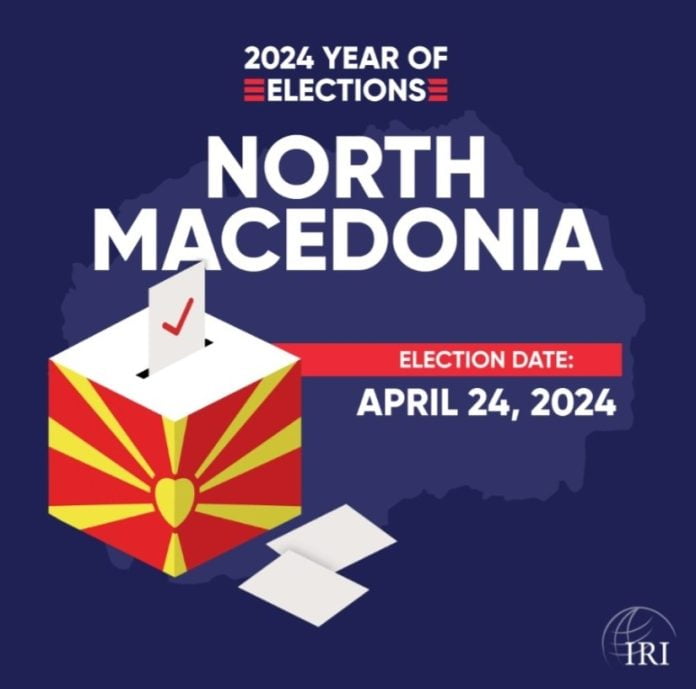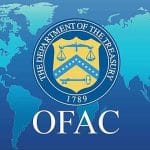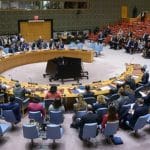On April 24, nationalist presidential candidate Gordana Siljanovska-Davkova trounced incumbent center-left President Stevo Pendarovski in a multi-candidate election, setting the stage for a runoff for the post currently scheduled for May 8.
That puts the presidential runoff on the same date as parliamentary elections, and in the North Macedonian political equation this will generate significant electoral momentum across the spectrum for the opposition nationalist VMRO-DPMNE party, a long-time critic of almost every concession that North Macedonia was required to make to its neighbors Greece and Bulgaria in order to open its path to eventual EU accession talks. During this period, the ruling Social Democratic Union (SDSM) led all coalition governments.
Opposition candidate Siljanovska-Davkova led the election with 40.1 percent over incumbent Stevo Pendarovski of the Social Democratic Union (SDSM), who garnered 19.9 percent. Foreign Minister Bujar Osmani, candidate of the ethnic Albanian Democratic Union for Integration (BDI) party and the European Front, came third with 13.4 percent, not quite enough to tip the scales in a runoff.
Although the presidential post is mostly a protocol-focused job, the winner still has significant influence over the country’s political orientation. “It is clear that this result is incredibly inspirational for me,” leading candidate Siljanovska-Davkova told the local media on learning the results. She also opined that the result marked “the beginning of a new time” and called for unity in the common goal of integration into the EU. Lowering her party’s usual nationalist rhetoric, she declared “if we open up to each other together, if we ask for help from those from the region that are already members of the EU, I think that we will be a competitive player.”
Incumbent Pendarovski admitted he was surprised by the wide gap in the results. “We expected less (difference), but tomorrow is a new day. “We are starting from the beginning,” Pendarovski told local media. “My assignment is to promote the concept I believe in: a state that is not isolated and that is integrated in Europe,” he explained.
The voting process was generally peaceful, and turnout was recorded at 48.4 percent, according to the State Election Commission. However, since neither candidate won the 50 percent needed to win outright, a runoff will be required. Under current rules the runoff will need a turnout of at least 40 percent of the country’s 1.8 million registered voters to be valid. Low turnouts have occasionally been used by the country’s political parties as a back-door mechanism to invalidate some previous elections and referenda.
Suboptimal trajectory for regional security
It makes sense to wait for the May 8 elections before drawing conclusions about the current election cycle’s impact on regional stability and security. Nonetheless, neither Sofia, Athens nor Brussels will be enthusiastic about the prospect of a larger VMRO-DPME role in North Macedonian politics.
If VMRO’s revival simply means North Macedonians will talk a bit more proudly about their heritage and complain about mistakes/agreements made by previous governments but still continue the country’s EU accession path, so be it. Other scenarios can best be left to the doomsayers, and there are quite a number of those.
The constitutional amendment needed to fully satisfy Bulgaria remains at the top of the next government’s to-do list. Without inclusion of a reference to the Bulgarian minority in North Macedonia’s constitution, it is doubtful Sofia’s final approval for North Macedonia’s full EU membership will be forthcoming, under the terms of a complicated last minute agreement made in 2022, known locally as the “French proposal.”
That constitutional amendment would need a two-thirds majority in parliament, and up to now, that has been seen as “mission impossible.” However, some optimists see a potential VMRO-led government as a possible opening since almost nothing else tried under the present political constellation has proven effective.








